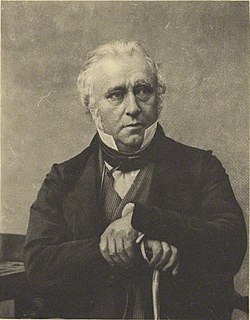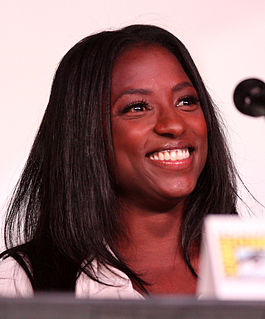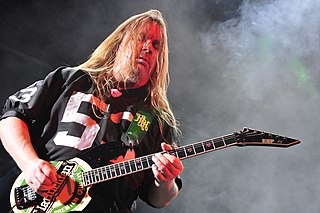A Quote by Chinua Achebe
I think dialects should be left alone. People should write in whatever dialect they feel they want to write. In the fullness of time, these dialects will sort themselves out.
Related Quotes
I think, for me, there's The Book I Should Write and The Book I Wanted to Write - and they weren't the same book. The Book I Should Write should be realistic, since I studied English Lit. It should be cultural. It should reflect where I am today. The Book I Wanted to Write would probably include flying women, magic, and all of that.
If I'm going to be honest with you, when I trained at school, I feel like I was training to be a chameleon. I want to be that versatile actor who can do anything - that's why you learn fifty different dialects, you do Shakespeare, you do commedia, you do it all so that if any job comes your way, you should be able to do it.
The trap into which all writers have, will, or should fall into, of writing The Great American Watchamacallit, is such an uncluttered and inviting one that from time to time I'm sure even the greatest have to pull themselves up short by the Shift key to remind themselves that it is story first that they should write.
Language is so specific to art, all the way to the past in China. Previously, people were not allowed to include various regional dialects in their films, but in every film that I've made, I've maintained the regional dialects of the characters because I wanted to make films that were locally specific.
The contribution of West African languages to Ebonics is absolutely infinitesimal. What it actually is is a very interesting hybrid of regional dialects of Great Britain that slaves in America were exposed to because they often worked alongside the indentured servants who spoke those dialects that we often learn about in school.






































